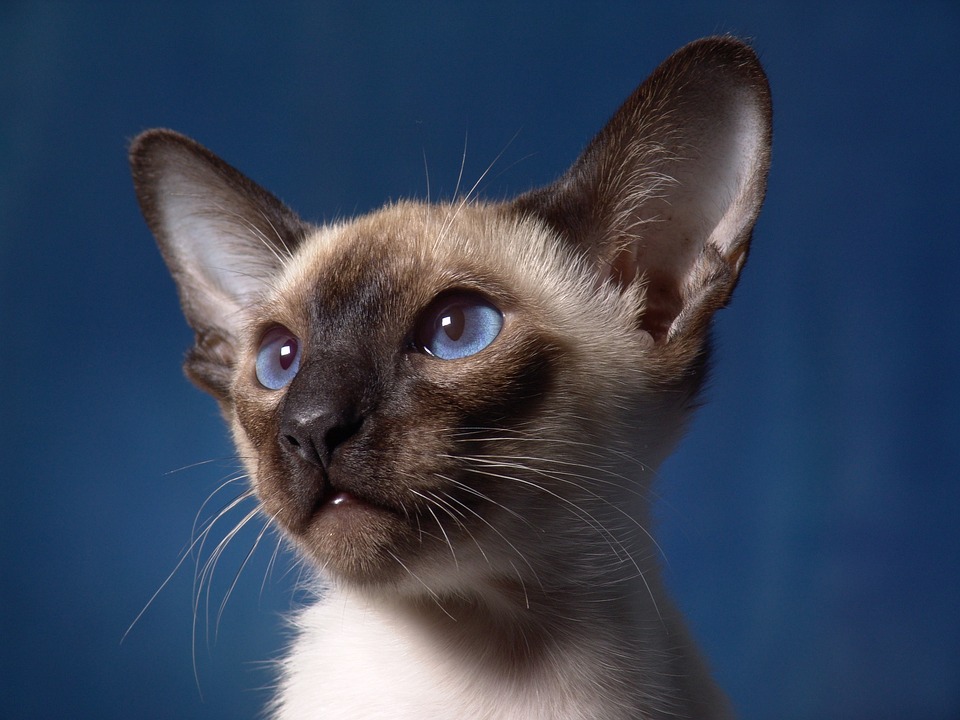Cats are obligate carnivores, which means that their bodies are designed to thrive on a diet primarily composed of animal protein. Protein is crucial for their overall health and well-being, supporting various physiological functions and maintaining optimal body condition. In this article, we will explore the significance of protein in cat nutrition, its essential functions, and how to ensure that your cat receives an adequate protein intake.
Protein serves as a source of essential amino acids for cats. These amino acids can only be obtained through their diet, and they are necessary for the synthesis of enzymes, hormones, antibodies, and tissues. Without these essential amino acids, cats may experience poor muscle development, a weakened immune system, and impaired overall health.
Protein is also vital for supporting muscle development and maintenance in cats. Adequate protein intake ensures proper muscle growth during kittenhood and supports muscle maintenance throughout adulthood. Cats with insufficient protein intake may experience muscle wasting, weakness, and reduced agility.
While cats primarily rely on fat metabolism for energy, protein can also be broken down to provide energy when needed. This makes protein a readily available source of energy for cats, especially during periods of increased activity or when they have insufficient calorie intake.
Protein is essential for maintaining healthy skin and a lustrous coat in cats. It contributes to the production of keratin, a protein that forms the structural basis of hair and nails. Insufficient protein intake can lead to a dull coat, dry skin, and increased susceptibility to skin allergies and infections.
Many enzymes and hormones involved in vital organ functions rely on protein for their synthesis. Additionally, protein helps in the production of antibodies, supporting a robust immune system and protecting cats from diseases and infections.
To ensure that your cat receives an adequate protein intake, it is important to choose high-quality protein sources for their diet. Opt for commercial cat foods that list high-quality animal protein sources, such as chicken, turkey, fish, or beef, as the main ingredients. These proteins are more biologically valuable for cats compared to plant-based proteins. Avoid foods that primarily contain by-products or fillers, as they may have lower protein content and inferior amino acid profiles.
It is also important to consider your cat’s life stage and health condition when determining their protein requirements. Kittens, pregnant or nursing cats, and highly active cats may have higher protein needs. Ensure their food is specifically formulated to meet their increased requirements. Cats with certain health conditions, such as kidney disease, may require protein modifications. Consult with your veterinarian to determine the appropriate protein levels for your cat’s individual needs.
Feeding your cat a balanced and complete diet is crucial for meeting their protein needs. This ensures they receive all the essential amino acids, vitamins, and minerals required for optimal health. Avoid homemade diets without veterinary supervision, as they may lack essential nutrients or have imbalanced protein sources.
In conclusion, protein plays a vital role in cat nutrition, supporting muscle development, organ function, a healthy coat, and a robust immune system. It is essential to ensure that your cat’s diet includes high-quality animal proteins and meets their individual needs for optimal health and well-being.








